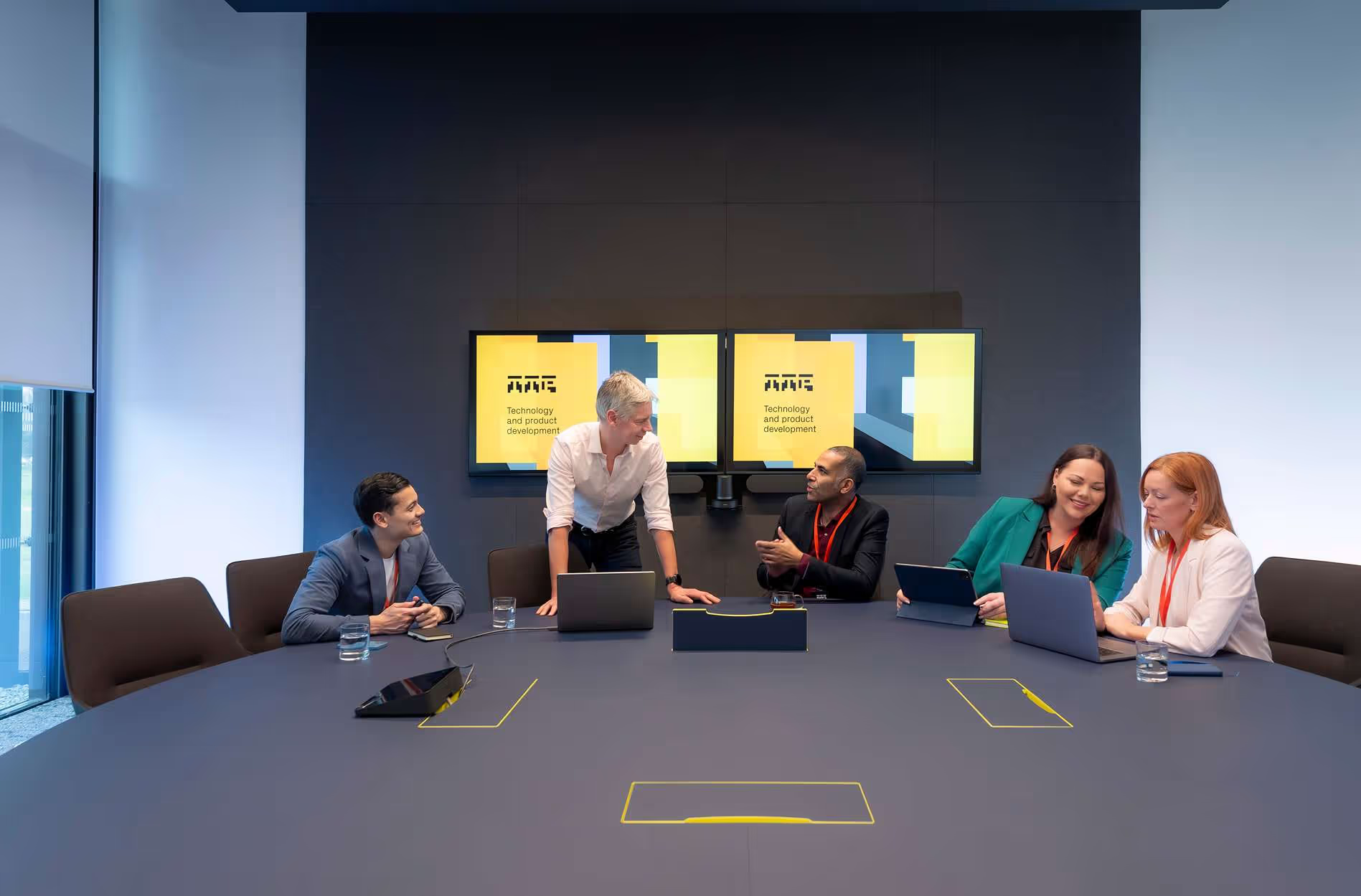With infectious diseases, rapid diagnosis has the power to improve treatment compliance by eliminating the need for a follow-up visit and can, in some cases, be critical to survival. So, creating a world-class instrument that could deliver results in less than half an hour and at the point of care was ambitious but vital.
Context
Rapid infectious disease diagnosis at the point of care enables the provision of earlier, more accurate and more effective treatment to patients, all of which limit the spread of infectious disease.
Solution
Working with binx health, TTP created the binx health io Reader®, a world-class diagnostic instrument for nucleic acid-based infectious disease testing at the point of care.
Result
binx io is a molecular point-of-care testing platform designed to enable single-visit diagnosis and treatment of certain sexually transmitted infections. The io Reader® provides binx health with a competitive diagnostic platform that offers low cost, high accuracy and a sample-answer time of 30 minutes.
TTP and binx health created a point-of-care instrument for the diagnosis of infectious disease.
Working with binx health, we developed the io Reader® which operates a test-specific cartridge that fully automates a three-stage process of DNA extraction and purification, amplification, and electrochemical detection - traditionally a complex laboratory process.
The operator simply adds a sample to the cartridge, inserts it into the reader, and follows the on-screen instructions.
We achieved a small instrument footprint, important to many laboratories, by using an effective, pneumatic, economic and mechanical architecture.
We chose TTP on the basis of ‘lowest risk/highest reward’. In particular I was impressed with the combination of TTP’s technical capabilities, structured approach and project management skills. The project was a great success because it had the right amount of innovation and practical engineering solutions; and all of the software development work went through the production and verification steps smoothly and on time (notable because project overruns frequently occur due to software failures). The first production units were delivered within the tight 12-month timeframe required at the end of 2013. This ensured that Atlas was on track with the timetable it had promised.
John Clarkson
Chief Executive, Atlas Genetics (now binx health)
.avif)

Development Highlights
Highlights from this development include: successfully achieving multiple interfaces (force, pneumatic, thermal, electronic) between instrument and cartridge; effecting a short, accurate, and repeatable PCR temperature cycle; realising a form factor acceptable to healthcare professionals, as well as successfully hitting tough cost targets.
Outcome
The io Reader® is the first and only FDA-cleared, CLIA-waived point-of-care platform for CT/NG testing in both males and females, enabling testing, diagnosis, and treatment in a single visit.








